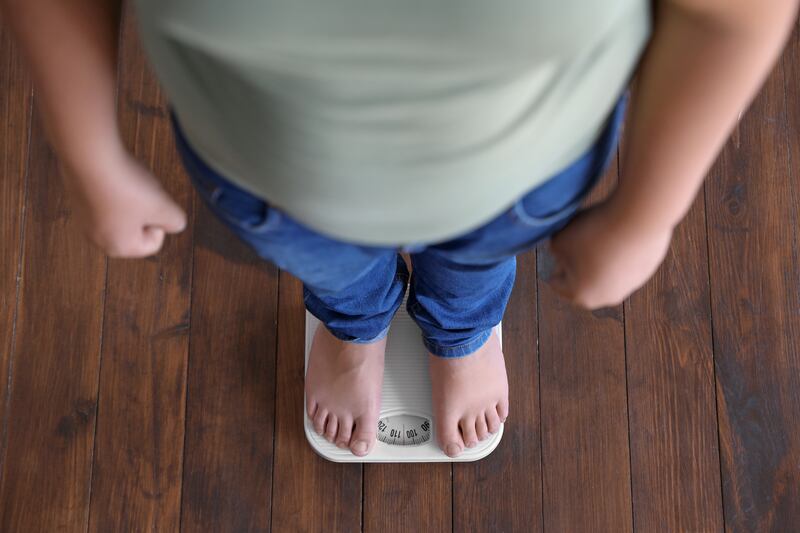About 14.7 million U.S. children and teens ages 2 through 19 struggle with obesity, according to the Centers for Disease Control and Prevention. As more children are getting diagnosed with obesity, weight loss surgery is becoming a more common way to treat it.
A new study published in JAMA Pediatrics highlights that severe obesity has become the “Fastest-growing obesity subcategory in the U.S. pediatric population.” The study included 1,346,468 participants with a mean age of 44.9 that underwent surgery.
Lifestyle choices like dieting and exercise cannot always be enough when treating someone with severe obesity, the recent study noted.
Since 2019, weight loss surgeries, such as metabolic and bariatric surgery, has increased in youth of all ethnicities and race. During the first two years of the COVID-19 pandemic, 2020-2021, there was an increase in youth weight loss surgeries, whereas in adults there was a decrease.
Until recently, metabolic and bariatric surgery were not seen as a safe option for youth to undergo.
This January, the American Academy of Pediatrics came out with a news release that said teens over the age of 13 who suffer from severe obesity should be considered for metabolic and bariatric surgery.
“The AAP has highlighted the need to educate pediatricians about the benefits of (metabolic and bariatric surgery) for qualified patients,” the study authors wrote.
“Historically, (the two surgeries) has been underused in youths due to barriers, including low referral rates, limited access and poor insurance coverage ... results of the present study suggest cautious optimism regarding the decreasing barriers to (those surgeries) for those U.S. youth in need,” they added.
Severe obesity has become more prevalent in Hispanic and Black youth. Data from the CDC between 2017-2020 showed that 26.2% of Hispanic children and 24.8% of Black children were obese.
“Families are indeed interested in pursuing surgery as a treatment option if they are given access and a good candidate,” said Sarah Messiah, professor and pediatric obesity researcher at UTHealth Houston School of Public Health and co-author of the new research, per CNN.
“Many studies show that cardiometabolic disease risk factors track strongly from childhood into adulthood,” she added.
With more youth getting access to weight loss surgeries, the hope is they will have more opportunity to go into adulthood healthy and maintaining a healthy lifestyle as they age.


